

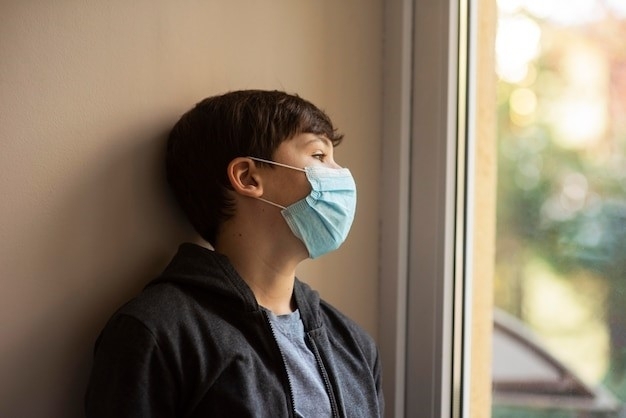
The aim of the study is to understand the strategies used by children and young people in low-income households to adapt to the public health crisis and economic hardship in the UK, South Africa and Brazil.
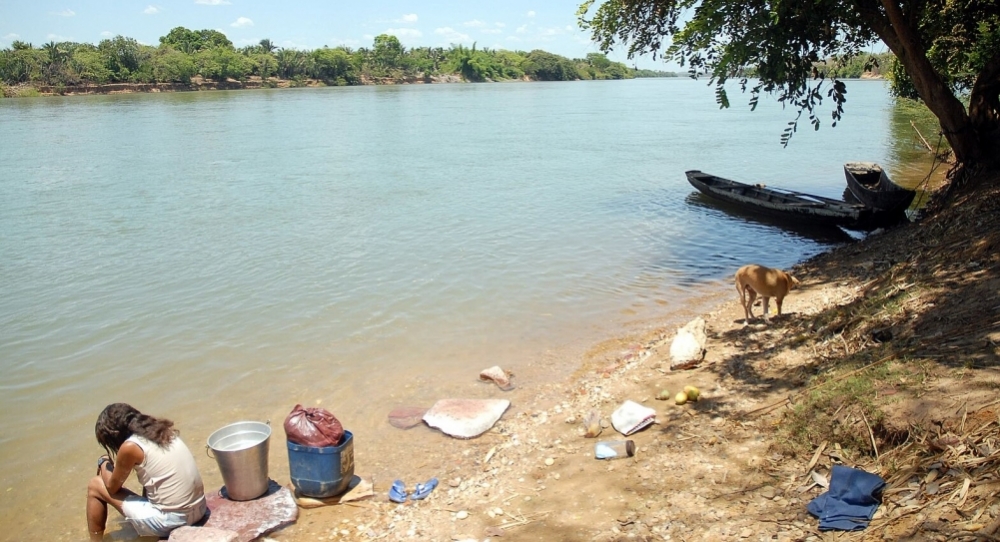
The innovative approach highlights vulnerability to deforestation, fire and drought, as well as poverty. The results can help formulate public policies for sustainable development.
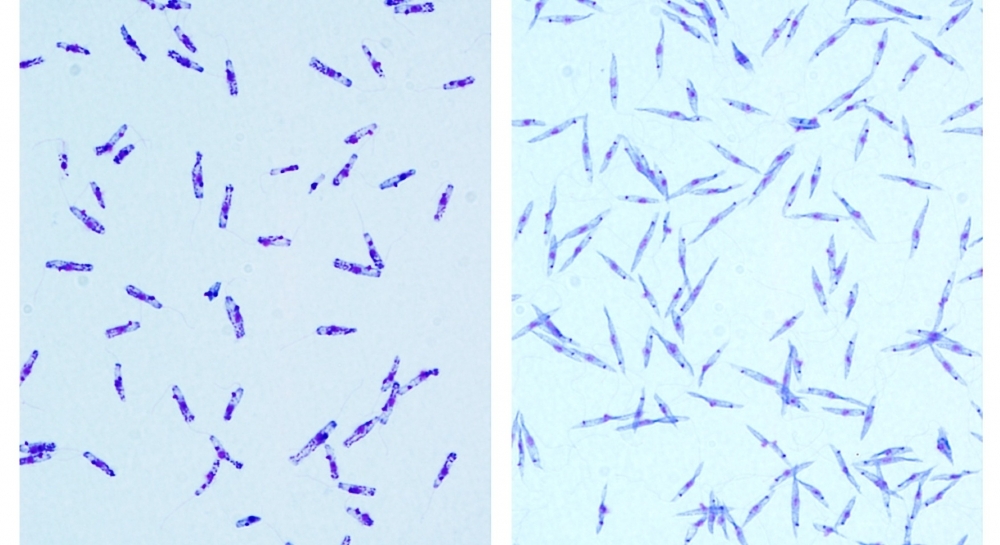
Genome sequencing of clinical samples from a child hospitalized in Aracaju, the capital of Sergipe state (Brazil), revealed the simultaneous presence of the protozoan Leishmania infantum and an as-yet unnamed parasite belonging to the genus Crithidia, identified earlier in a fatal case of visceral leishmaniasis in the same region.
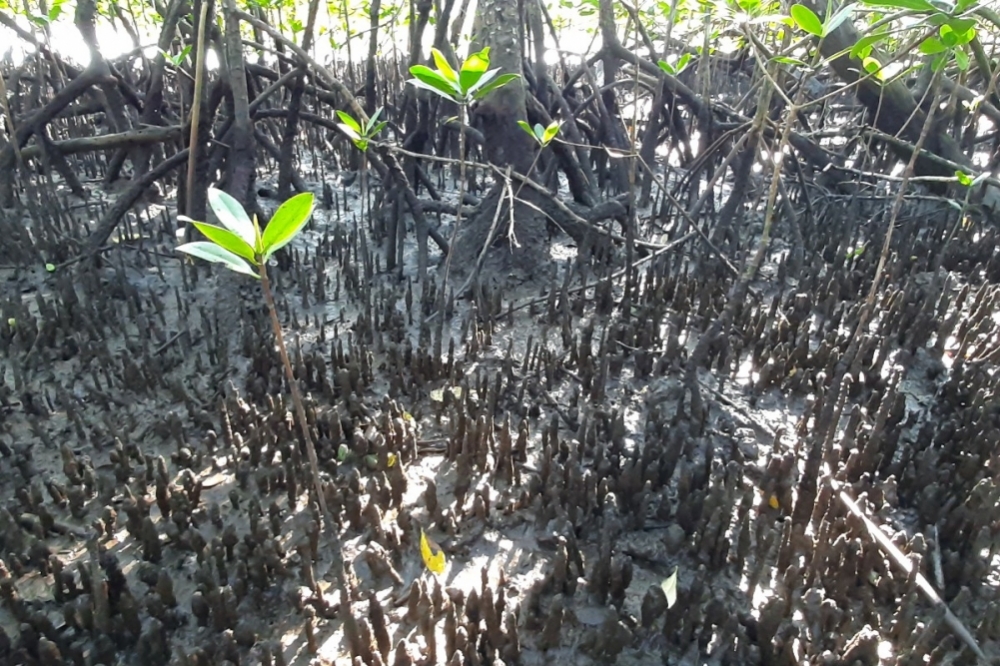
A study combining genetic analysis and oceanographic simulations showed that a species of mangrove rarely disperses very far, so that North and South Brazil have two distinct populations. The results can help prioritize conservation units and understand global patterns in mangrove forest formation.
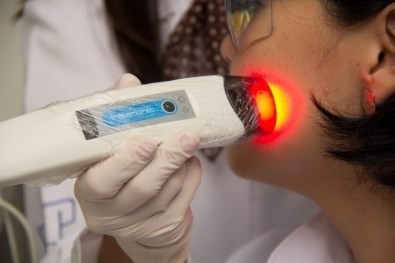
Photodynamic therapy developed by the Center for Research in Optics and Photonics, which is supported by FAPESP, has been recommended by Brazil’s federal body responsible for including novel healthcare technologies in the national health service.
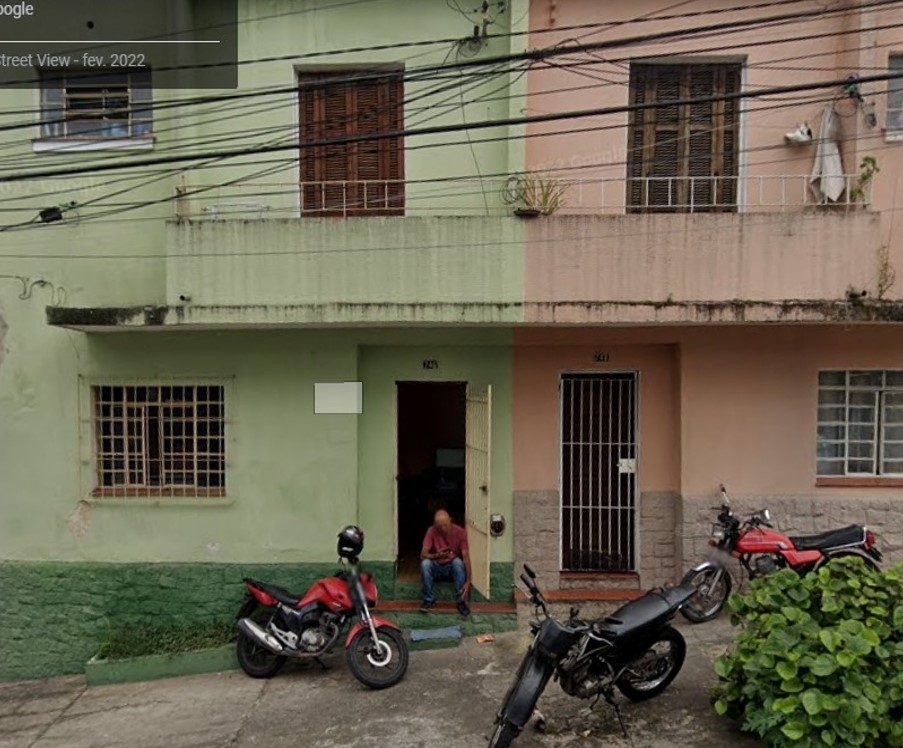
The first-ever study of dark kitchens conducted in Brazil collected data on 22,520 establishments located in three cities in São Paulo state and listed by iFood. An article on the study offers a profile of these delivery-only restaurants, which proliferated during the pandemic.
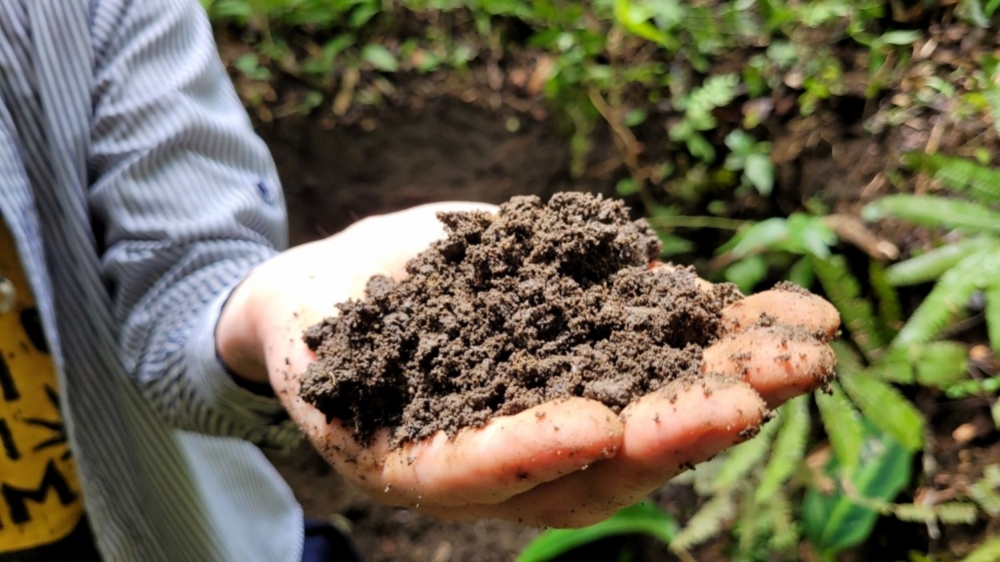
Brazilian scientists analyzed the typical soil composition resulting from native management with the aim of developing biotech applications for more effective restoration of degraded areas.
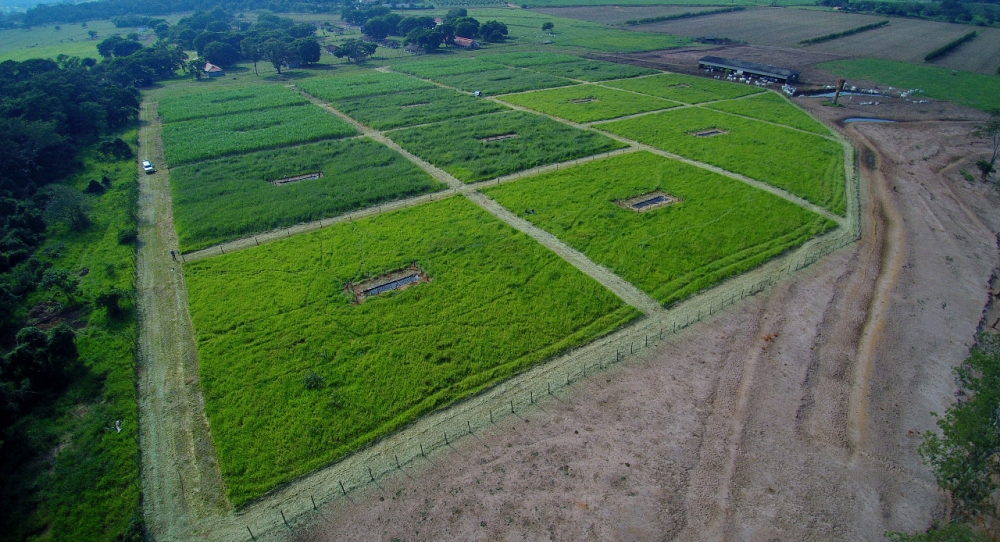
Research conducted in manipulated sugarcane plots showed that small water bodies such as ponds and puddles can contribute to sustainable farming even with environmentally hostile practices.
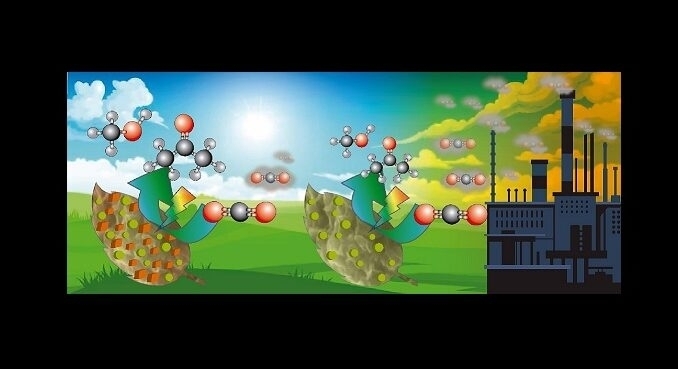
One of the goals of the study conducted by scientists at the Center for Development of Functional Materials and the Center for Innovation on New Energies is to reduce atmospheric emissions of this greenhouse gas.
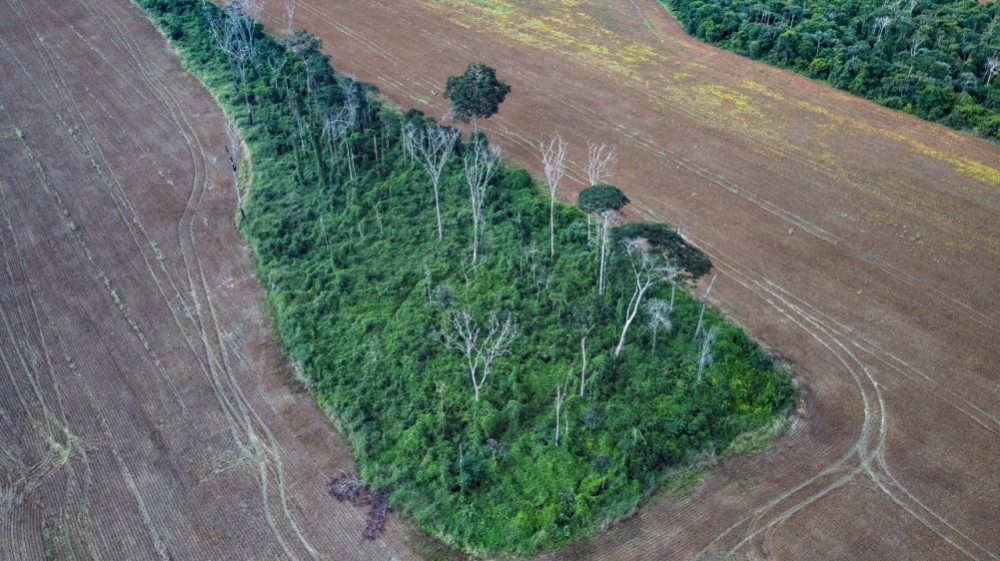
An article in Science by 35 researchers affiliated with institutions in Brazil and elsewhere shows that carbon emissions resulting from forest degradation are equivalent to emissions from deforestation. The authors analyzed degradation due to fire, edge effects, illegal logging and extreme drought.
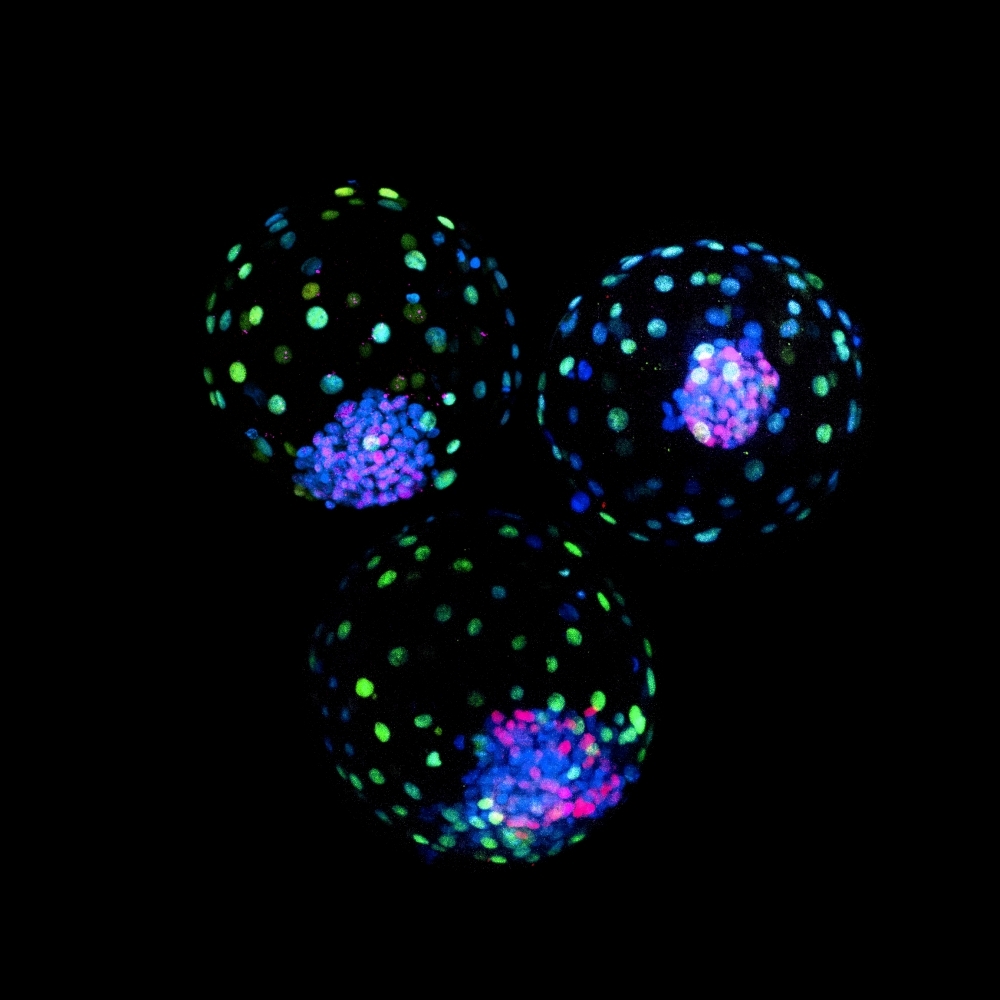
The results pave the way for breeding of cattle with selected traits. Preliminary work findings for human embryo models recently published by international groups could contribute to the understanding of congenital defects and early pregnancy loss.
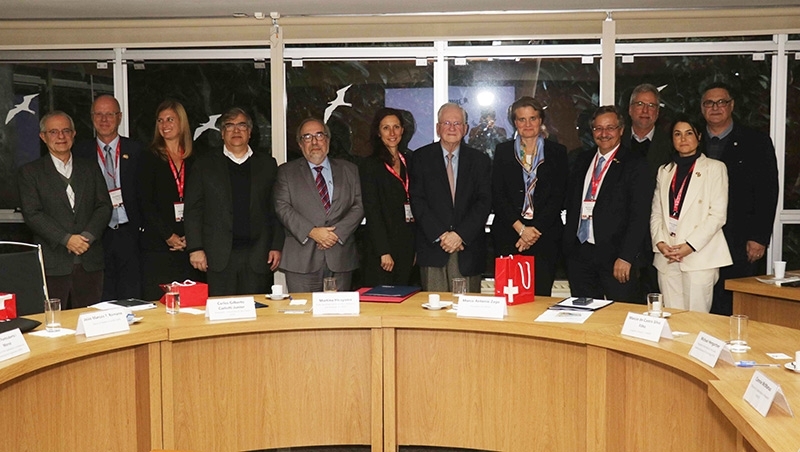
Similar programs and FAPESP’s pragmatism arouse interest in intensifying collaboration and joint calls for proposals involving research centers in Switzerland and São Paulo.
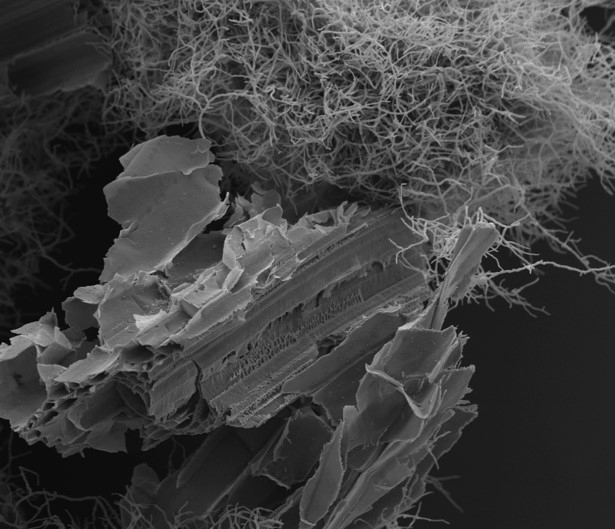
Scientists at Brazilian Center for Research in Energy and Materials (CNPEM) investigated enzymes produced by two species of fungus used to break down sugarcane bagasse for production of second-generation ethanol. The goal of the project is to increase the efficiency of this process, which currently depends on imported feedstocks.
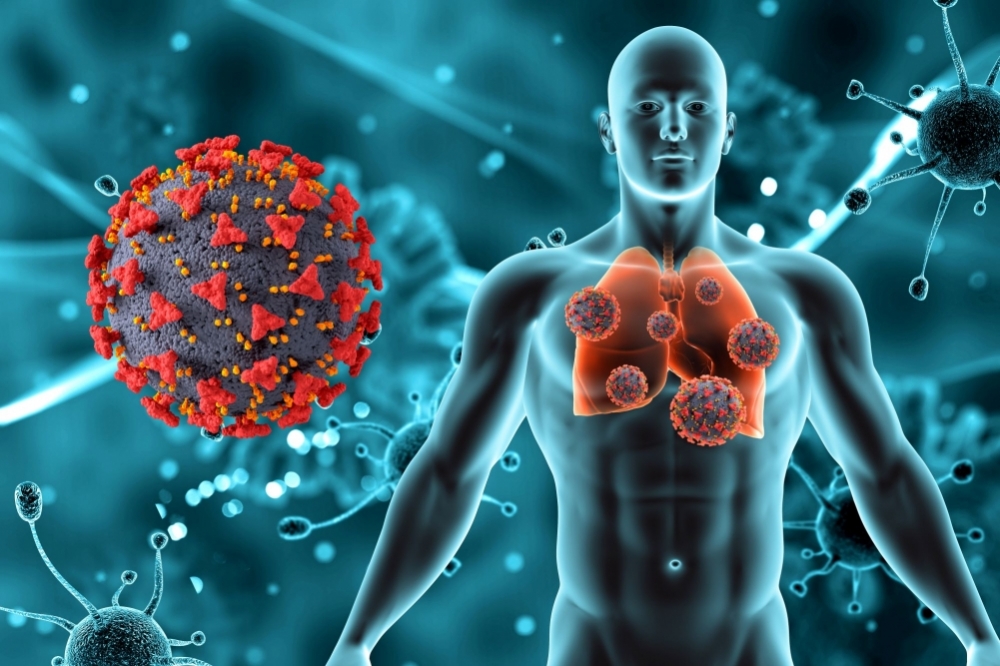
A team affiliated with a FAPESP-supported research center showed in mice that molecules capable of preventing the peptide C5a from binding to its cellular receptor helped prevent lung damage and other complications typical of severe COVID-19.
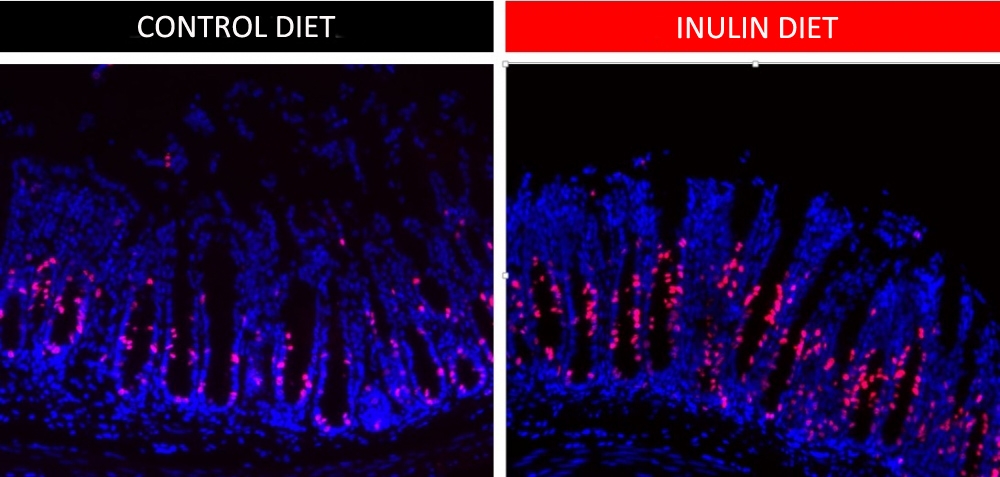
In experiments conducted at the State University of Campinas (Brazil), intestinal epithelial stem cells proliferated more in mice fed an inulin-rich diet than in mice given insoluble fiber. The study also showed that the beneficial effects depended on interaction with gut microbiota.
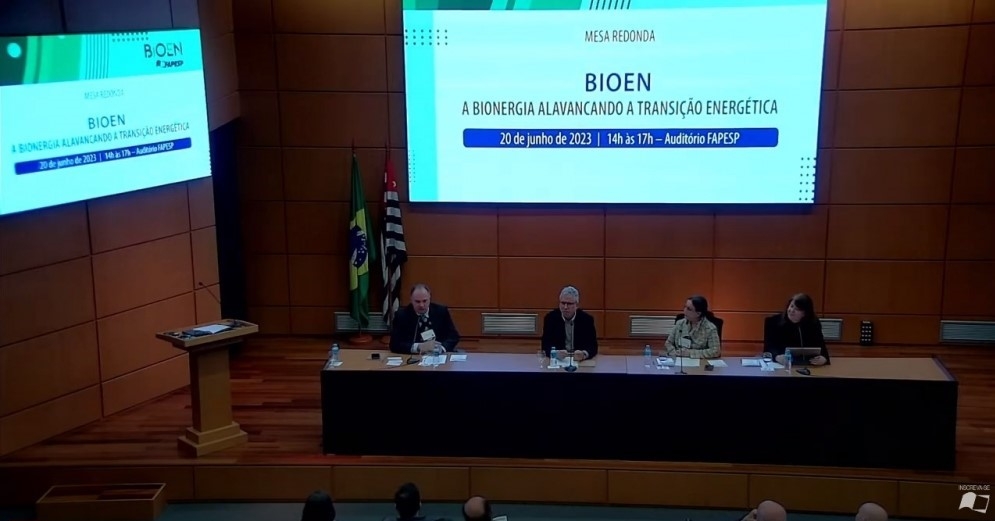
The view was expressed by participants in a discussion on “Bioenergy’s major contribution to the energy transition” organized by the FAPESP Bioenergy Research Program.
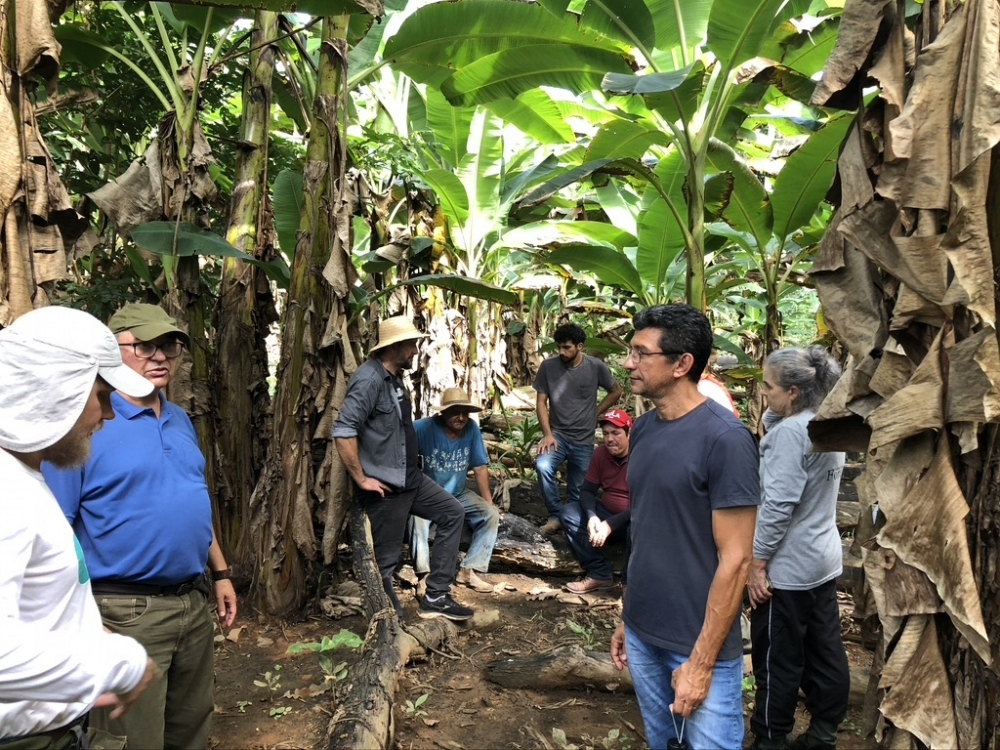
Strategies for reconciling forest conservation and income generation for families living on Chico Mendes Extractive Reserve in Acre state are the focus of a project in which local scientists are collaborating with colleagues from the states of São Paulo and Pará. The project is part of the Amazon+10 Initiative.
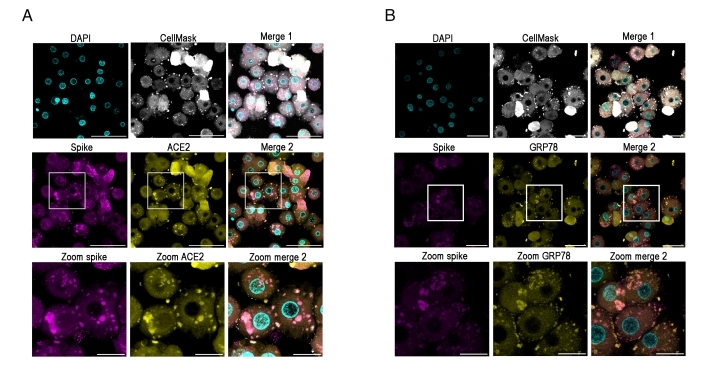
A study conducted at the University of São Paulo and reported in PNAS explains hyperglycemia in hospitalized patients and shows how SARS-CoV-2 causes symptoms similar to those of diabetes.
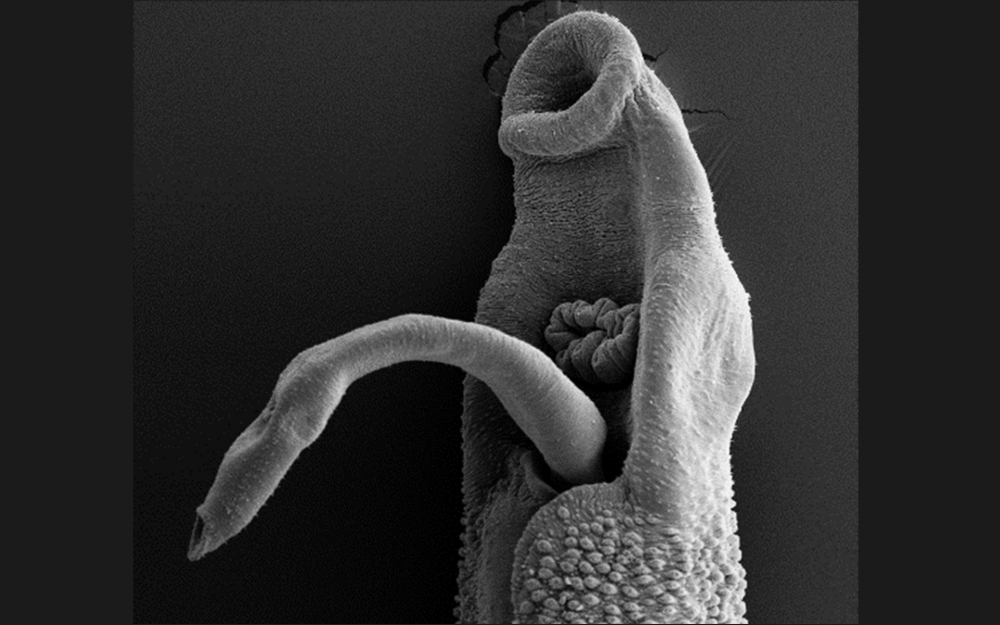
Researchers at Butantan Institute in São Paulo, Brazil, discovered that survival of the parasitic worm that causes the disease depends on expression of a specific type of RNA. In animal trials, inhibition of the molecule interrupted the infection.
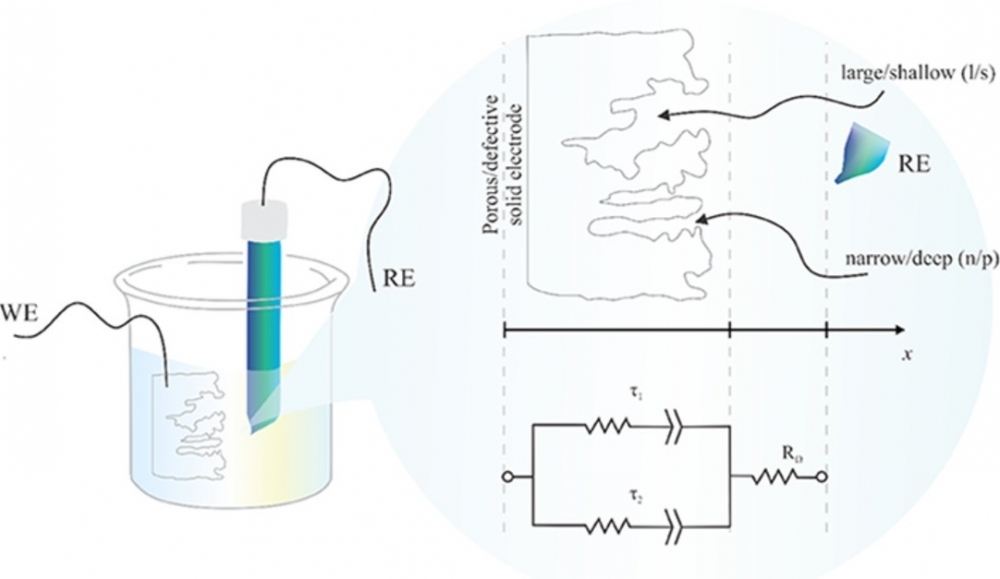
The new model is capable of providing a realistic analysis of the experimental data for a supercapacitor in which internal energy losses are considered.

An article by scientists at the Federal University of São Paulo shows that the South and Southeast of Brazil are the most affected regions, and that Espírito Santo is the state most affected by waves of heat and cold.
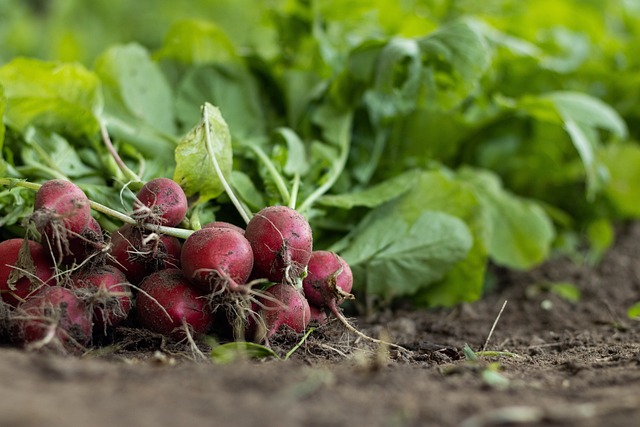
The warning was delivered by Marta Vasconcelos, a biologist affiliated with the Portuguese Catholic University, during the third event in the 2023 series of FAPESP Lectures.
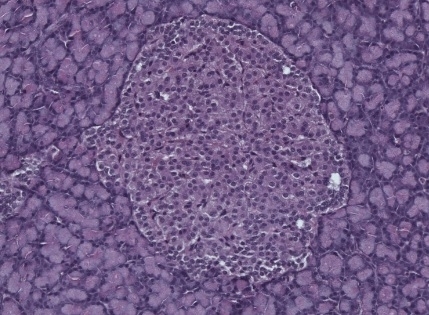
Researchers at the University of São Paulo observed the effects of adiponectin in trials involving blood samples from lean and obese subjects. The discovery points to novel routes to treatment for type 2 diabetes and related dysfunctions.
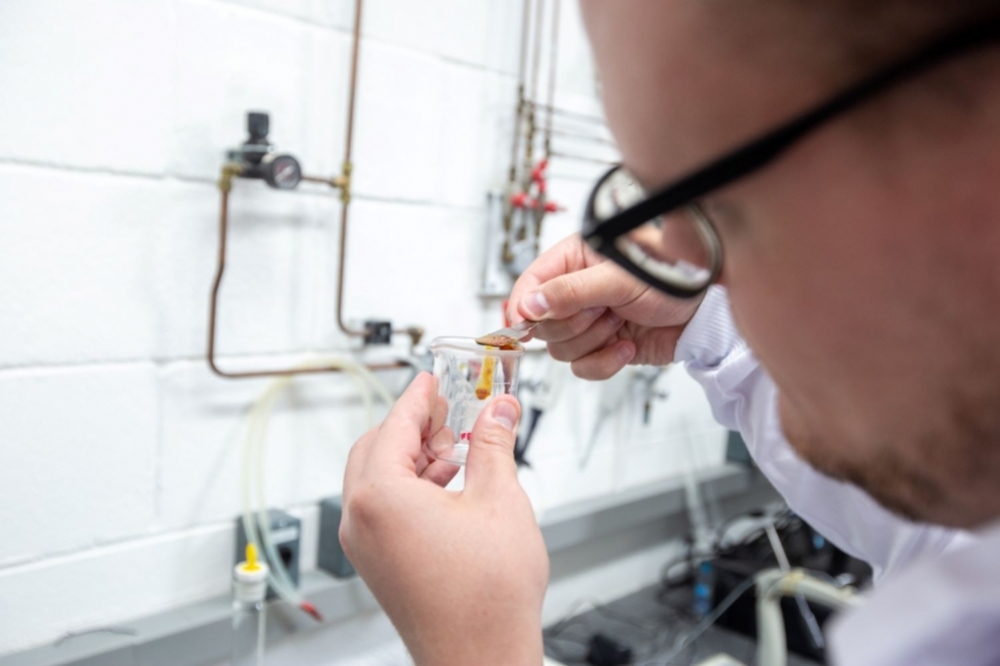
The material was designed by Brazilian researchers and includes a derivative of limonene from citrus rind, blended with chitosan, a biopolymer from exoskeletons of crustaceans.
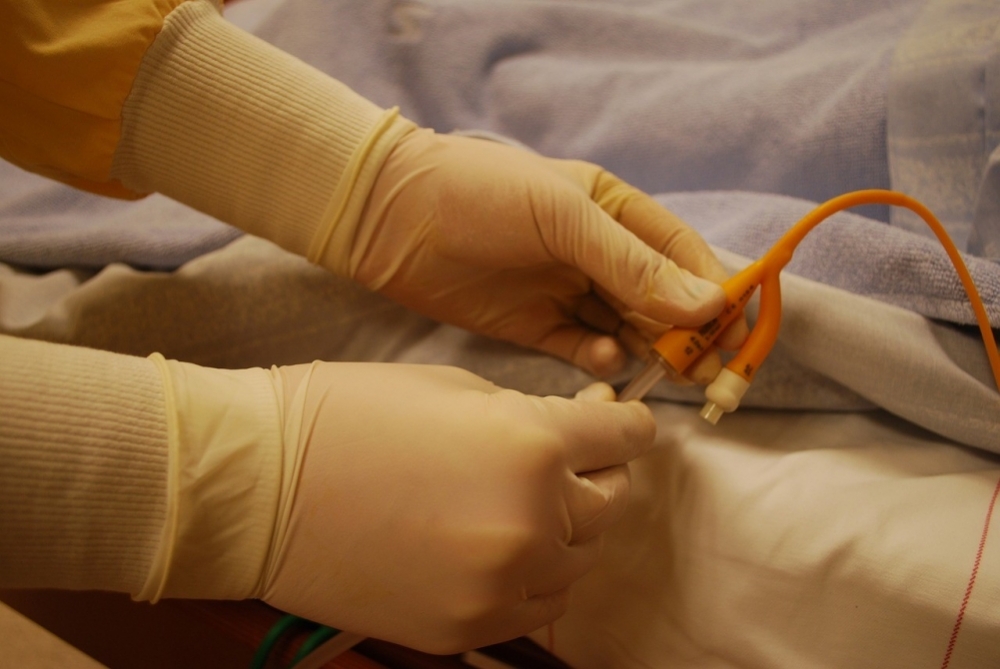
A study conducted at the Federal University of São Paulo shows that 20% of patients with bloodstream infections are not treated, and at least half of those treated die. Diagnostic techniques must improve, the authors warn.